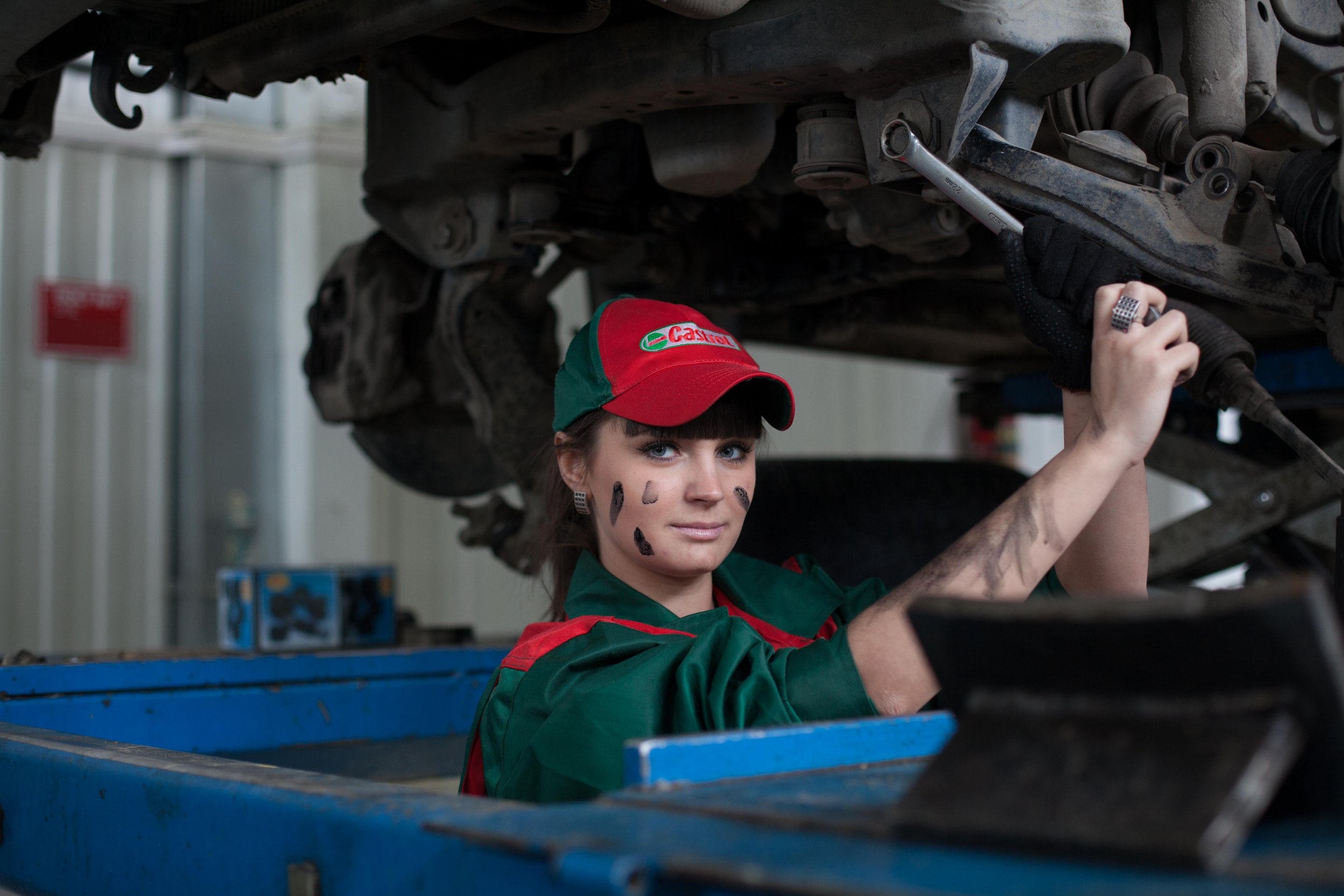Urgent Reforms Needed in Luxury Fashion's Supply Chain
A recent judicial move in Milan has put a spotlight on some serious ethical issues in the luxury fashion industry. Christian Dior, under the LVMH umbrella, has been placed under judicial administration for a year after a shocking discovery of worker exploitation by its subcontractors. This comes shortly after a similar action against Giorgio Armani, highlighting a worrying trend in the sector.
What’s happening? Dior’s subcontractors in Italy were found cutting corners in the worst ways—overworking and underpaying workers, some of whom were even sleeping in factories to meet demands. These practices are not just troubling; they're illegal and morally reprehensible. They’ve been charging luxury prices for goods made under conditions that don’t align with the prestigious “Made in Italy” label they sport.
Why should we care? Well, if you're in the business world, these practices affect more than just the bottom line. They threaten the entire brand reputation of companies involved and, by extension, the luxury industry at large. With Italy being a major hub for global luxury goods production, the stakes are high to clean up these practices.
Scott Newton from Thinking Dimensions Global Consulting put it bluntly: The luxury fashion industry needs to step up and integrate real, meaningful changes into their business models. It’s not just about avoiding bad press—it’s about doing right by the people who build these businesses from the ground up.
The industry faces a pivotal moment. Can it reform its supply chains to respect both human rights and fair competition? Or will it continue to let these issues slide, potentially costing more than just profits? The choice will shape the future of luxury fashion.
One of America's least populous states, North Dakota, is becoming a surprising hotspot for young adults.
In a recent column in Supply Chain Management Review, a story surfaced about how a LAN transformer led to thousands of Audi, Bentley, and Porsche vehicles being stuck at U.S. ports, potentially breaching the U.S. Uyghur Forced Labor Prevention Act.
After a challenging six months marked by the driest October in 73 years, the Panama Canal is finally seeing a turnaround.
It looks like New Orleans and its surrounding areas might be in for a pretty intense hurricane season.
Transloading, a logistics strategy used to alleviate container backlog during the pandemic, is gaining traction once again as U.S. West Coast ports receive increased container volumes redirected from the East Coast.
Apple has deep-rooted ties with Chinese suppliers spanning three decades, making it challenging to sever connections despite diversifying its sources.
The global market is currently flooded with goods from Chinese factories, ranging from cars and appliances to computer chips and electronics.
The container shipping industry is grappling with a surplus of capacity, leading to a drop in customer rates that Maersk CEO Vincent Clerc described as unsustainable during the company's annual shareholder meeting.
The COVID-19 pandemic has shifted perceptions around doomsday prepping, once considered the realm of conspiracy theorists.
Dr. Dan McKorley, Executive Chairman of McDan Group, encouraged the salt industry to adopt more sustainable transportation and logistics practices for a greener future.
European Union countries hit a roadblock on Wednesday as they halted the progress of new regulations aimed at making large companies accountable for potential forced labor and environmental harm in their supply chains.
In the ever-evolving world of supply chain management - Elliott Rodgers, EVP and COO at Foot Locker - emphasizes four crucial skills to ensure organizational success: comfort with uncertainty, global awareness, effective communication, and strong leadership.
Extreme weather events are emerging as the foremost concern for supply chains in 2024, according to a report by Everstream Analytics.
Developers of the proposed offshore wind farm near Long Beach, Long Island, announced the termination of the Empire Wind 2 project due to economic challenges - including inflation, increased interest rates, and supply chain disruptions.
The development of a European battery supply chain for electric vehicles independent of China is facing significant delays as companies shift their focus to the US market due to clean energy subsidies offered by the US Inflation Reduction Act.
Supply chain trends have shifted since the COVID-19 pandemic, with a focus on tender lead times increasing by 10-15%.
Nike's inventory units have decreased significantly, with a 10% year-over-year drop in inventory value, according to company executives.
The article discusses the impact of supply chain disruptions and the potential benefits of nearshoring, particularly in Mexico, for U.S. importers.
Chick-fil-A Supply, the distribution arm of Chick-fil-A Inc., is set to establish a new 120,000-square-foot distribution center in Kannapolis, North Carolina.
Germany, known for its economic prowess, is currently facing a stark reversal of fortune.
China's ongoing efforts to modernize its industrial system are expected to have a positive impact on global supply chains.
Liew Chin Tong, Malaysia's deputy minister of investment, trade, and industry, believes that the diversification of supply chains away from China presents a significant opportunity for Southeast Asian countries.
According to a survey by Capgemini, automotive original equipment manufacturers (OEMs) are increasingly confident in addressing future supply chain disruptions.
A recent survey by the Institute of Directors (IoD) reveals that over a third of U.K. importers (35%) have been impacted by escalating geopolitical tensions, primarily related to China, prompting them to reassess their supply chains.
The book "Breakthrough Supply Chains" offers a practical and rigorous methodology to build resilient and cost-competitive 21st-century supply chains for international business.
Iran's APT34, also known as OilRig, has launched a supply chain attack targeting government entities in the United Arab Emirates (UAE).
The logistics industry is undergoing significant transformations in the digital age.
Retail giant Walmart has set its sights on promoting sustainable fashion within its supply chain
An investigation by the International Union for Conservation of Nature (IUCN) Netherlands and AidEnvironment analyzed the palm oil supply chain in Colombia.































A recent judicial move in Milan has put a spotlight on some serious ethical issues in the luxury fashion industry.